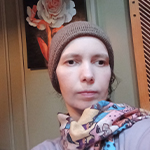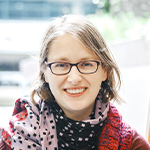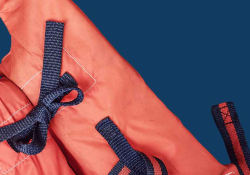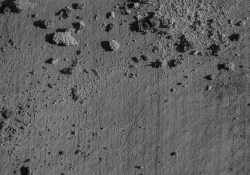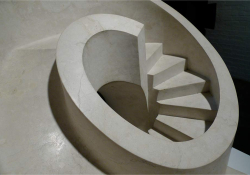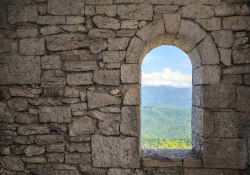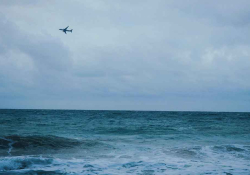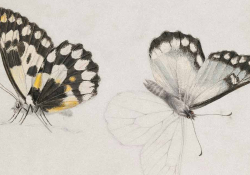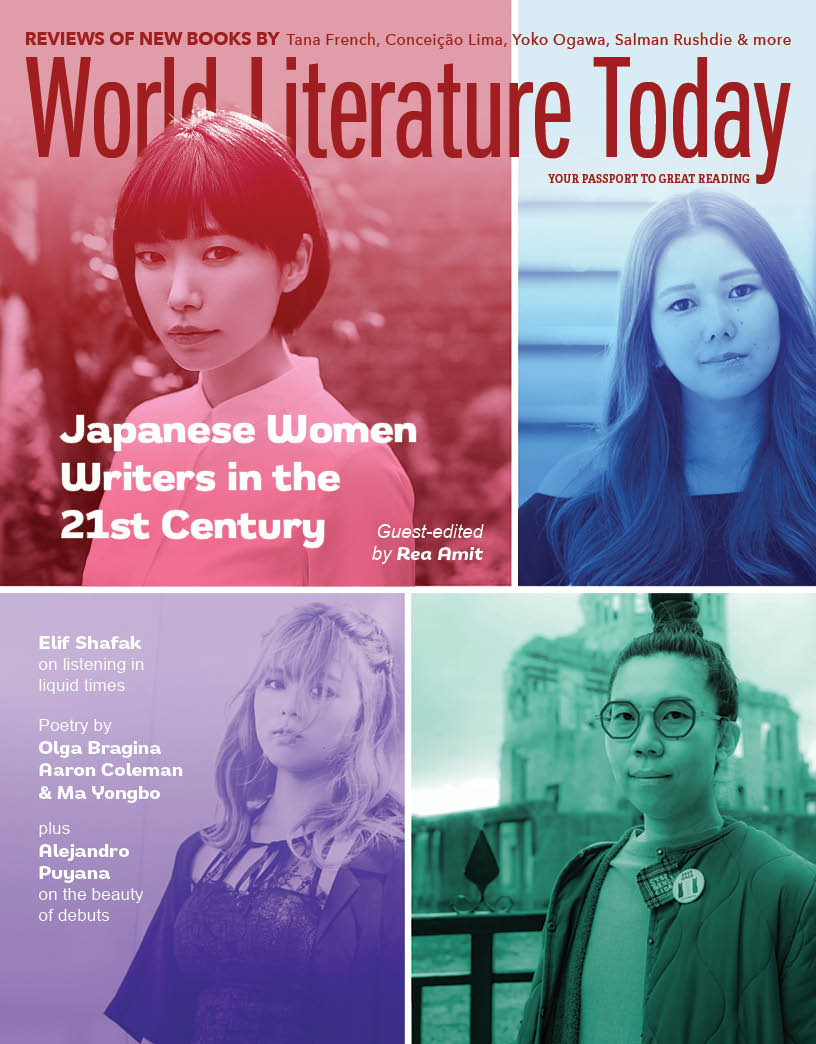Two Poems from Ukraine
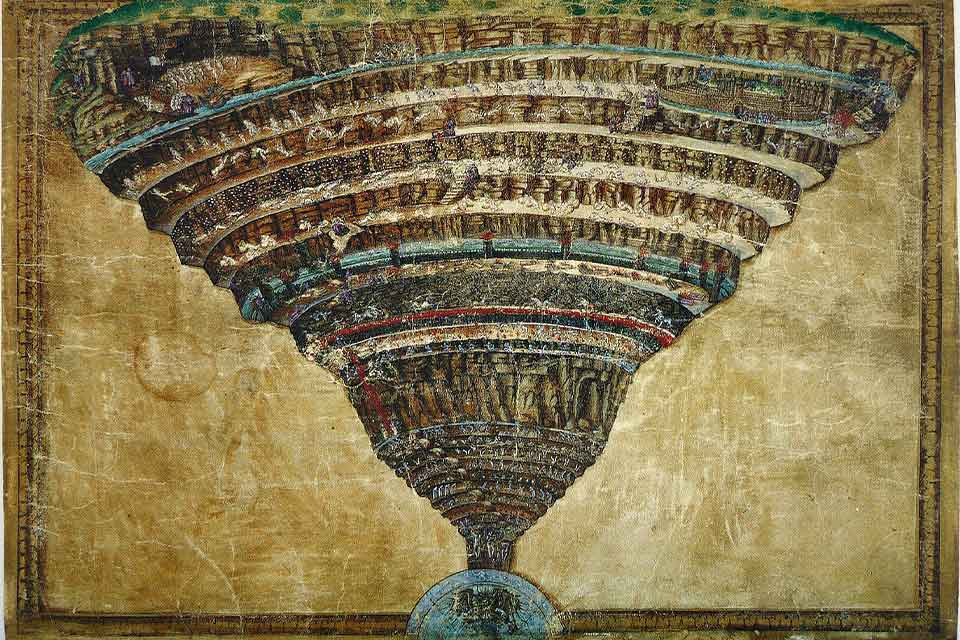
[Midway upon the journey]
midway upon the journey of our life I found myself within an endless war
well it’s not exactly endless one day it will end even the Hundred Years’ War ended
“achievement unlocked”
Dante placed all of his enemies in the different circles of hell he’d read the footnotes about these enemies but didn’t know the context of the book’s translation and publication
“achievement unlocked: in the context of war”
now everyone is saying that they knew it would come to war well I didn’t know anything like that
if you ask me if anything in life brought me pleasure, it was reading books
had they taken the books from me, I’d feel at war; in my Babushka’s village books were delivered twice a week
romance novels from the 18th century and mysteries well what else could the villagers really need what else
“achievement unlocked”
when I arrive in Europe people there don’t understand what bombing is well what is bombing why should they want to hear about it
and I say no I don’t want them to understand it
I don’t want to blame them for sitting peacefully in cafés
and not knowing where the nearest bomb shelter in their neighborhood is
I know far too much about the bomb shelters of our country
* “Midway upon the journey of our life” is the first line of Longfellow’s translation of Dante’s Inferno.
[My country is at war]
my country is at war and I want a farmer cheese and vanilla bun
to travel to Europe and to not see the sign “You’re Safe Here”
so that it’d be safe everywhere and not only behind the invisible front line
over on this side a missile might land but further on there are no air-raid sirens
the tastiest farmer cheese and vanilla bun is in Prague
we come to the cemetery where Kafka is buried
together with his parents because his sister died at a concentration camp lanterns flowers nearby
nameplates on the wall commemorate people whose names mean nothing to us but who also
ended up in concentration camps no safety anywhere near the tastiest vanilla bun
if someone doesn’t like your last name or language you become a nameplate on this wall
displayed in this movie set of a city full of expensive hotels and tourists
I look at the beggars asking for alms on the central streets
hunched over on their knees awkwardly amidst all the riches I’d find this so galling
even if we never had this war
Translator’s Note
by Olga Zilberbourg
Olga Bragina wrote these poems about a year after Russia’s full-scale invasion of Ukraine began. In February 2022 she was living in Kyiv with her parents and decided to leave a few weeks later. She and her mother spent several months as refugees in eastern Europe before returning to Kyiv. A prolific writer of poetry and prose, Olga responded to the war by keeping what I would describe as a poetic diary on Facebook, posting new pieces multiple times a week.
I’d fallen in love with Olga’s work several years prior to this period, attracted by her mix of personal candor, literary erudition, and a certain intentional naïveté. Together, these qualities create an approachable lyrical style that seems to address the reader as though they were her personal friend. Her parents often play a significant role in her poems, both in the plural first-person voice she often uses and in direct quotations. Though I’d never met Olga in person, I felt like I knew her and her family. This feeling increased when she began posting her wartime poetry. Her poems gave me the illusion of sharing her experiences.
